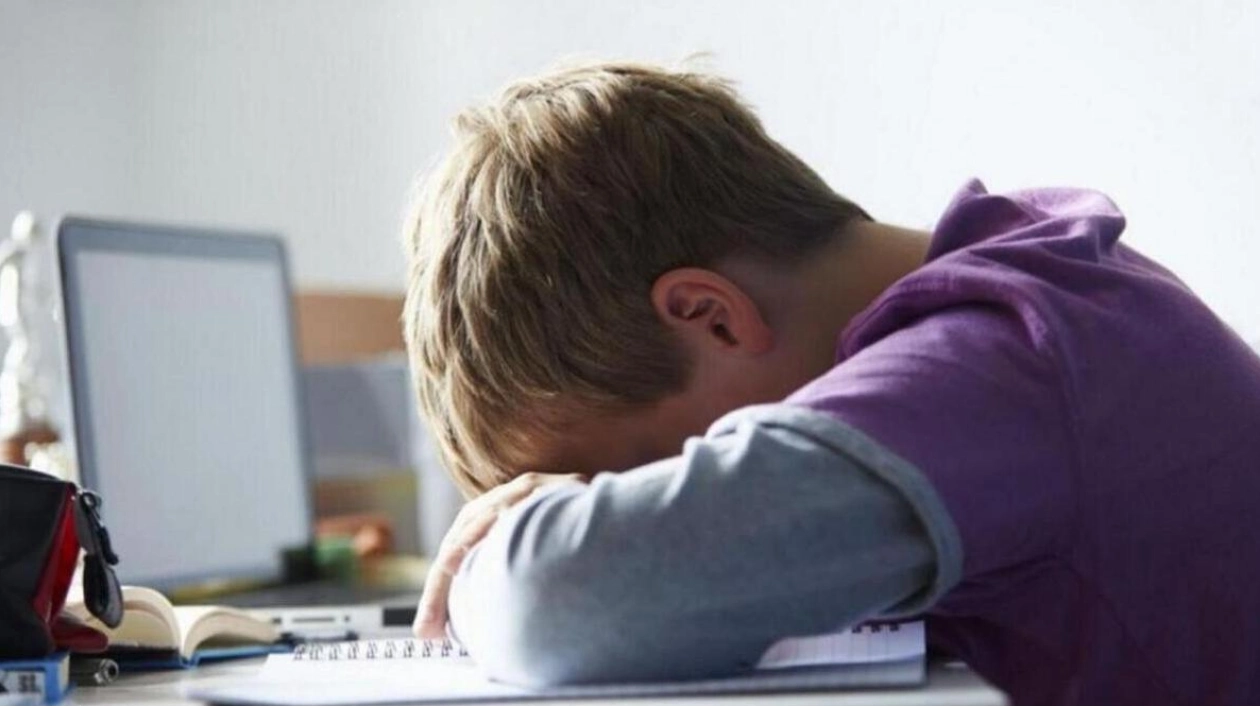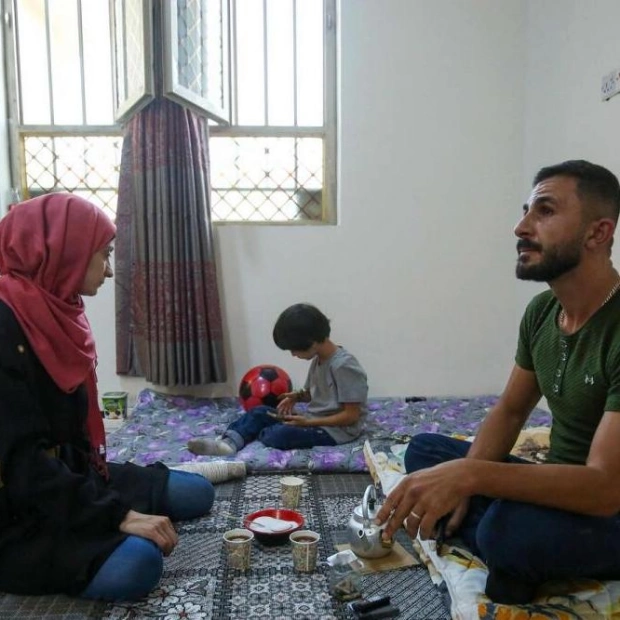Schools can foster secure and respectful environments for students' personal and academic development by establishing clear behavioral guidelines and addressing issues promptly. Educational institutions are crucial in cultivating a safe and positive learning atmosphere. Across the country, all forms of corporal punishment are strictly forbidden in schools, ensuring students feel protected from physical punishment and abuse.
Promoting positive behavior is paramount, especially when dealing with misconduct among students. However, private schools in Abu Dhabi are prohibited from employing the following disciplinary methods: corporal punishment (use of physical force to discipline or punish), disclosing personal information without consent, psychological punishment (verbal abuse, issuing threats), locking a student inside the school premises, seizing student's belongings without a resolution by the behavioral management committee, lowering or threatening to lower the student's academic grade/score, punishing a group for an individual’s misconduct, imposing additional schoolwork, mocking, insulting, or demeaning the student in private or in public, preventing the student from using toilet facilities or consuming water and food, and detention outside of official school hours without parental consent.
Schools must develop a student behavior policy that details acceptable corrective actions, ensuring they are proportionate, age-appropriate, and in line with disciplinary guidelines. Permissible disciplinary actions include discussions with students and parents, formal and recorded meetings with the student and/or parents, verbal warnings, written warnings to parents, temporary or permanent removal from classes under appropriate supervision (onsite suspension), loss of school privileges, confiscation of inappropriate personal items (mobile phone or music player), supervised detention during breaks (with parental consent), supervised restorative community work, temporary exclusion of the student from school premises (offsite suspension), and permanent exclusion of the student from school via the withdrawal/cancellation of their enrolment (expulsion).
Schools must ensure their misconduct policy and procedures differentiate between various levels of misconduct. Not all levels warrant expulsion from offsite school activities. However, certain offenses categorized in levels two, three, and four may result in a student’s removal from school. Level two offenses include leaving or entering the classroom without permission, not attending mandatory school events without an acceptable excuse, engaging in physical fights or intimidation of peers, causing minor damage to school property, using phones without permission, and verbally abusing school community members. Level three offenses involve bullying, intimidation, harassment, or abuse of any school community member, including defamation on social media, fabricating documents, impersonation, academic dishonesty, leaving school premises without permission, vandalizing school property, and activating fire alarms or extinguishers. Level four offenses include using communication tools for unlawful or immoral purposes, possessing or distributing weapons, committing sexual assault or harassment, assaulting others causing injury, theft, capturing or sharing unlawful content, leaking exam questions, setting fire to school property, insulting political, religious, or social figures in the UAE, using or distributing alcohol and drugs, promoting culturally inappropriate ideas, engaging in illegal digital activities, and trespassing on school premises after hours.
Schools must outline clear, staged disciplinary procedures to address student misconduct. While schools can exercise leniency in applying disciplinary measures, they retain the right to follow the procedures described below. For level two misconduct, the first time results in a written warning, the second time in an onsite suspension for up to two days, the third time in an onsite suspension for up to three days, and more than three times in expulsion. For level three misconduct, the first time results in an onsite suspension, the second time in an offsite suspension for up to five days, and the third time in expulsion. For level four misconduct, the first time results in an offsite suspension until the end of the investigation, and the second time in expulsion.
Adek has the right to investigate any complaint related to suspension and expulsion following the school’s final decision. However, this investigation may occur prior to the final decision only if the school fails to issue its decision within the stipulated timeframe.
Source link: https://www.khaleejtimes.com






